-
 Bitcoin
Bitcoin $115000
1.10% -
 Ethereum
Ethereum $3719
2.93% -
 XRP
XRP $2.997
2.56% -
 Tether USDt
Tether USDt $1.000
0.02% -
 BNB
BNB $766.7
0.98% -
 Solana
Solana $169.6
3.97% -
 USDC
USDC $0.9999
0.00% -
 TRON
TRON $0.3391
1.82% -
 Dogecoin
Dogecoin $0.2060
3.53% -
 Cardano
Cardano $0.7429
2.91% -
 Hyperliquid
Hyperliquid $38.02
1.70% -
 Stellar
Stellar $0.4021
3.23% -
 Sui
Sui $3.515
3.31% -
 Bitcoin Cash
Bitcoin Cash $574.2
2.68% -
 Chainlink
Chainlink $16.85
3.10% -
 Hedera
Hedera $0.2461
1.54% -
 Ethena USDe
Ethena USDe $1.001
0.02% -
 Avalanche
Avalanche $22.28
1.26% -
 Litecoin
Litecoin $118.3
1.25% -
 UNUS SED LEO
UNUS SED LEO $8.923
-0.75% -
 Toncoin
Toncoin $3.255
2.35% -
 Shiba Inu
Shiba Inu $0.00001239
2.42% -
 Uniswap
Uniswap $9.834
3.77% -
 Polkadot
Polkadot $3.690
2.48% -
 Dai
Dai $1.000
0.02% -
 Monero
Monero $282.9
-3.30% -
 Bitget Token
Bitget Token $4.367
0.70% -
 Cronos
Cronos $0.1454
5.37% -
 Pepe
Pepe $0.00001055
3.60% -
 Ethena
Ethena $0.6156
8.72%
How to play Huobi perpetual contract
Huobi's perpetual contract trading platform offers a diverse selection of contracts, allowing traders to capitalize on price fluctuations of cryptocurrencies like Bitcoin and Ethereum.
Nov 11, 2024 at 02:08 pm
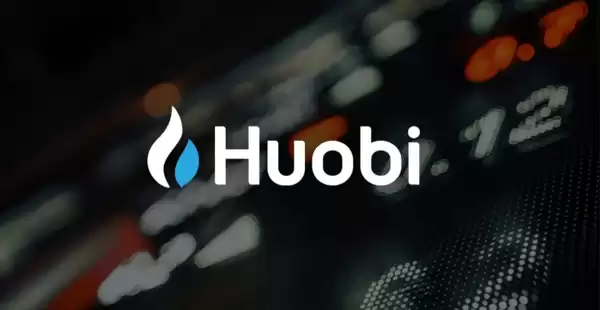
How to Play Huobi Perpetual Contract? A Step-by-Step Guide
1. Introduction
Perpetual contracts, also known as futures contracts without expiry dates, are a popular way to trade cryptocurrencies. They allow traders to speculate on the future price of an asset and potentially profit from price fluctuations. Huobi is one of the world's leading cryptocurrency exchanges, and it offers a perpetual contract trading platform with a wide range of features and benefits.
2. Opening an Account
To start trading Huobi perpetual contracts, you need to first open an account with the exchange. The process is simple and straightforward:
- Go to the Huobi website (https://www.huobi.com/) and click on "Sign Up".
- Enter your email address, create a password, and agree to the terms of service.
- You will then receive a verification email. Click on the link in the email to complete the registration process.
3. Funding Your Account
Once you have opened an account, you need to fund it with cryptocurrencies. Huobi supports a wide range of cryptocurrencies, including Bitcoin, Ethereum, USDT, and BNB.
- To deposit cryptocurrencies, go to the "Assets" page in your Huobi account.
- Click on "Deposit" and select the cryptocurrency you want to deposit.
- Follow the instructions on the screen to complete the deposit process.
4. Finding the Right Perpetual Contract
Huobi offers a wide range of perpetual contracts, each based on a different underlying asset. The most popular perpetual contracts are based on Bitcoin, Ethereum, and USDT.
- To find the right perpetual contract, go to the "Contracts" page in your Huobi account.
- Select the "Perpetual" tab and choose the underlying asset you want to trade.
- You will then see a list of all the perpetual contracts available for that asset.
5. Placing an Order
To place an order, you need to select the perpetual contract you want to trade and specify the order type, quantity, and price.
- The order type can be either "Market" or "Limit". A market order will be executed immediately at the current market price, while a limit order will only be executed when the price reaches a specified level.
- The quantity is the number of contracts you want to buy or sell.
- The price is the price at which you want to buy or sell the contracts.
6. Managing Your Position
Once you have placed an order, you can manage your position by monitoring the market price and making adjustments as needed.
- You can use the "Positions" page in your Huobi account to view your current positions.
- You can use the "Stop Loss" and "Take Profit" orders to protect your profits or minimize losses.
- You can also close your position by placing an opposite order.
7. Withdrawing Your Funds
When you are finished trading, you can withdraw your funds from your Huobi account.
- To withdraw funds, go to the "Assets" page in your Huobi account.
- Click on "Withdraw" and select the cryptocurrency you want to withdraw.
- Follow the instructions on the screen to complete the withdrawal process.
Disclaimer:info@kdj.com
The information provided is not trading advice. kdj.com does not assume any responsibility for any investments made based on the information provided in this article. Cryptocurrencies are highly volatile and it is highly recommended that you invest with caution after thorough research!
If you believe that the content used on this website infringes your copyright, please contact us immediately (info@kdj.com) and we will delete it promptly.
- HashFlare Founders Face the Music: Jail Time Looms?
- 2025-08-07 14:30:12
- Pepeto's Pounce: Meme Coin Mania Meets Blockchain Infrastructure
- 2025-08-07 15:10:12
- Parataxis, SPAC Merger, and Bitcoin Treasury: A New York Minute on Crypto's Latest Moves
- 2025-08-07 15:30:12
- Toshi on Binance.US: A Memecoin's Big Break
- 2025-08-07 14:30:12
- Bitcoin, SPAC Mergers, and Parataxis: A New Yorker's Take on Crypto's Wall Street Moment
- 2025-08-07 14:50:27
- Bitcoin, Collateral, and Loan Strategies: A New York Minute on the Future of Finance
- 2025-08-07 14:50:27
Related knowledge
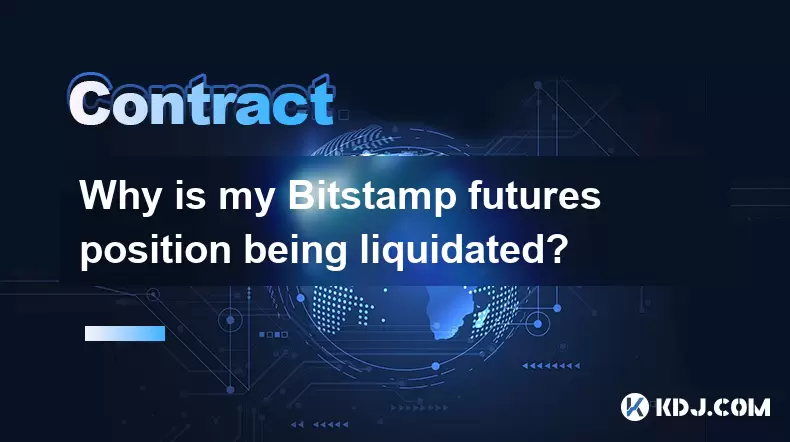
Why is my Bitstamp futures position being liquidated?
Jul 23,2025 at 11:08am
Understanding Futures Liquidation on BitstampFutures trading on Bitstamp involves borrowing funds to open leveraged positions, which amplifies both po...
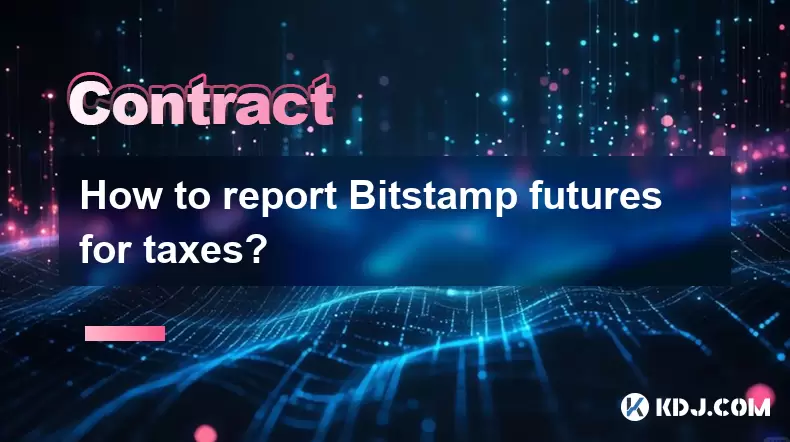
How to report Bitstamp futures for taxes?
Jul 30,2025 at 08:35am
Understanding Bitstamp Futures and Taxable EventsWhen trading Bitstamp futures, it’s essential to recognize that these financial instruments are treat...
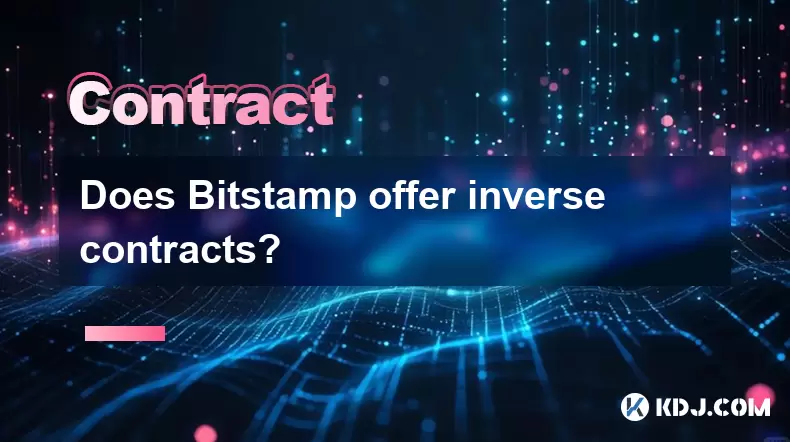
Does Bitstamp offer inverse contracts?
Jul 23,2025 at 01:28pm
Understanding Inverse Contracts in Cryptocurrency TradingIn the realm of cryptocurrency derivatives, inverse contracts are a specific type of futures ...
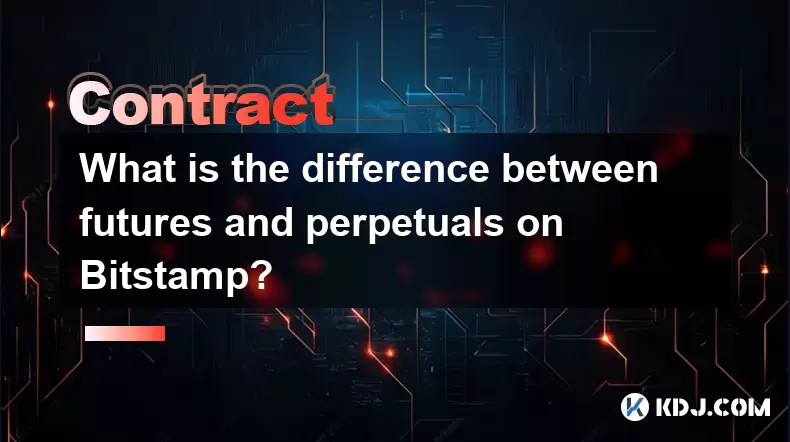
What is the difference between futures and perpetuals on Bitstamp?
Jul 27,2025 at 05:08am
Understanding Futures Contracts on BitstampFutures contracts on Bitstamp are financial derivatives that allow traders to speculate on the future price...
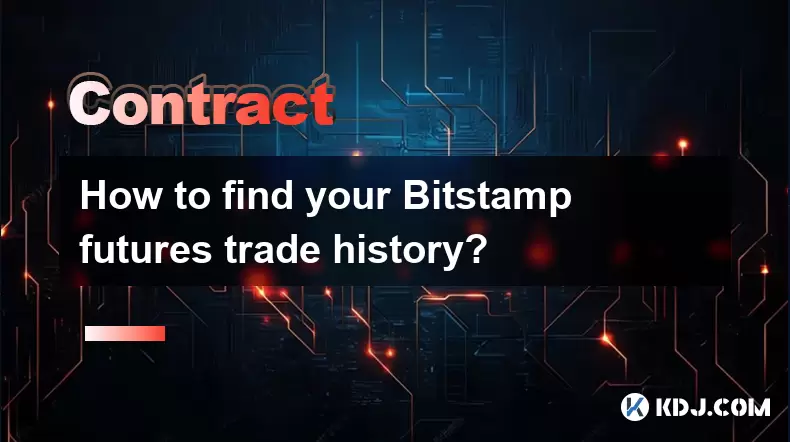
How to find your Bitstamp futures trade history?
Jul 23,2025 at 08:07am
Understanding Bitstamp and Futures Trading AvailabilityAs of the current state of Bitstamp’s service offerings, it is critical to clarify that Bitstam...
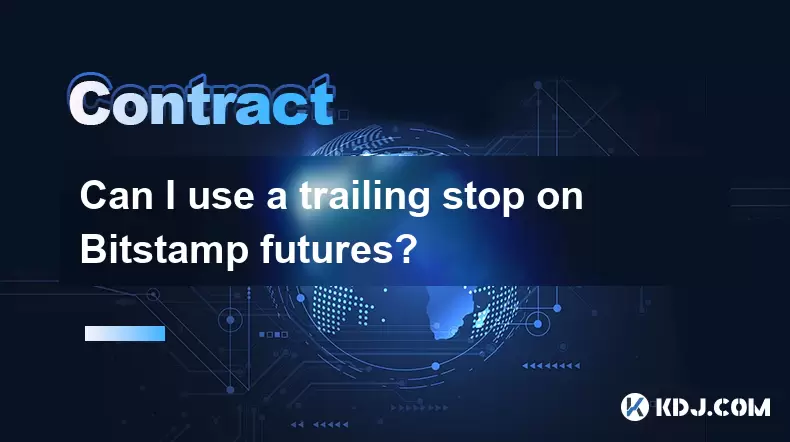
Can I use a trailing stop on Bitstamp futures?
Jul 23,2025 at 01:42pm
Understanding Trailing Stops in Cryptocurrency TradingA trailing stop is a dynamic type of stop-loss order that adjusts automatically as the price of ...

Why is my Bitstamp futures position being liquidated?
Jul 23,2025 at 11:08am
Understanding Futures Liquidation on BitstampFutures trading on Bitstamp involves borrowing funds to open leveraged positions, which amplifies both po...

How to report Bitstamp futures for taxes?
Jul 30,2025 at 08:35am
Understanding Bitstamp Futures and Taxable EventsWhen trading Bitstamp futures, it’s essential to recognize that these financial instruments are treat...

Does Bitstamp offer inverse contracts?
Jul 23,2025 at 01:28pm
Understanding Inverse Contracts in Cryptocurrency TradingIn the realm of cryptocurrency derivatives, inverse contracts are a specific type of futures ...

What is the difference between futures and perpetuals on Bitstamp?
Jul 27,2025 at 05:08am
Understanding Futures Contracts on BitstampFutures contracts on Bitstamp are financial derivatives that allow traders to speculate on the future price...

How to find your Bitstamp futures trade history?
Jul 23,2025 at 08:07am
Understanding Bitstamp and Futures Trading AvailabilityAs of the current state of Bitstamp’s service offerings, it is critical to clarify that Bitstam...

Can I use a trailing stop on Bitstamp futures?
Jul 23,2025 at 01:42pm
Understanding Trailing Stops in Cryptocurrency TradingA trailing stop is a dynamic type of stop-loss order that adjusts automatically as the price of ...
See all articles

























































































